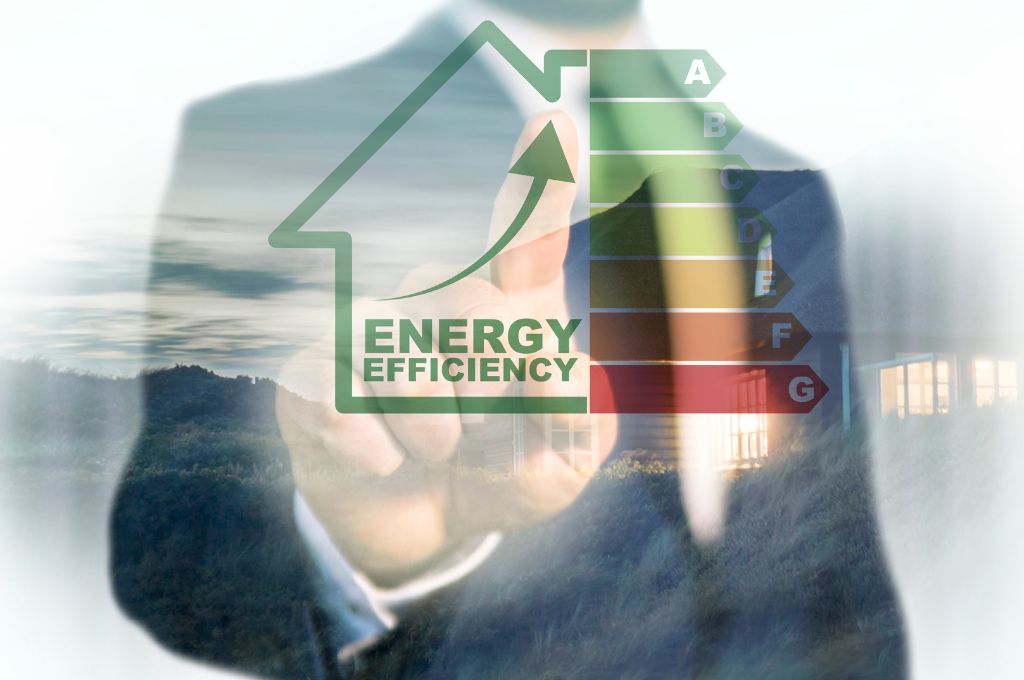Last Updated on January 15, 2024 by Kravelv Spiegel
Improving your home’s energy efficiency can not only lower your carbon footprint but also save you money on energy bills. With the technology advances, there are now many features and upgrades that can help make your home more energy-efficient.
Integrating a SAP (Standard Assessment Procedure) calculation into your energy-saving strategy allows for a comprehensive analysis of the building’s energy efficiency. By identifying areas for improvement through SAP calc, you can make informed decisions to optimize energy usage and, in turn, reduce the overall cost of energy consumption in the long run.
Here are some energy efficiency must-haves for your home:

Insulation
Insulation is one of the must-haves for any home. Proper insulation is fundamental to keeping your home warm in the cold season and cools in the hot months. Adequate insulation in walls, attics, and floors can help prevent heat loss or gain and reduce the need for heating and cooling systems. Consider upgrading your insulation to materials with higher R-values, which indicates better insulation performance.
Energy-efficient windows
Windows can be a major source of heat loss or gain in your home. Energy-efficient windows reduce heat transfer and help keep your home cozy while lowering energy bills. Look for windows with low-E coatings, gas fills, and multiple panes. Realtors in Charleston, SC, advise that energy-efficient windows are a significant value addition if you sell your home.
Programmable thermostat
A programmable thermostat allows you to set specific temperature settings for different times of the day or week. This can help you save energy and money by reducing the heating or cooling needed when you’re not home or sleeping.
Energy-efficient lighting
LED lights use significantly less energy than traditional incandescent bulbs and can last much longer. Consider replacing your bulbs with LED or other energy-efficient lighting options to reduce energy consumption.
Energy-efficient appliances
Appliances such as refrigerators, washing machines, and dishwashers are now available with energy-efficient options. Look for appliances with Energy Star labels that meet strict energy efficiency guidelines.
Solar panels
Installing solar panels can help you generate clean energy and minimize your reliance on the grid. While the upfront cost of solar panels can be high, the long-term savings on energy bills and potential tax incentives can make them a worthwhile investment.
Water-saving features
Water-saving features such as low-flow toilets, showerheads, and faucets can lower water consumption and bills. Consider installing these features to conserve water and save money.
Sealing air leaks
Air leaks in your home can waste energy and make your heating and cooling systems work harder than necessary. Sealing air leaks with caulk, weatherstripping, or foam insulation can help improve your home’s energy efficiency.
Energy-efficient HVAC system
Your heating, ventilation, and air conditioning system can account for a significant portion of your home’s energy use. Upgrading to an energy-efficient HVAC system can help reduce energy consumption and lower energy bills.
Energy monitoring system
An energy monitoring system can help you track your home’s energy consumption and identify areas where you can reduce energy use. Some systems can even provide real-time data on energy use, allowing you to adjust your habits and reduce your energy consumption.
The takeaway
Improving your home’s energy efficiency can bring many benefits, including lowering your carbon footprint, saving money on energy bills, and increasing the comfort of your home.
